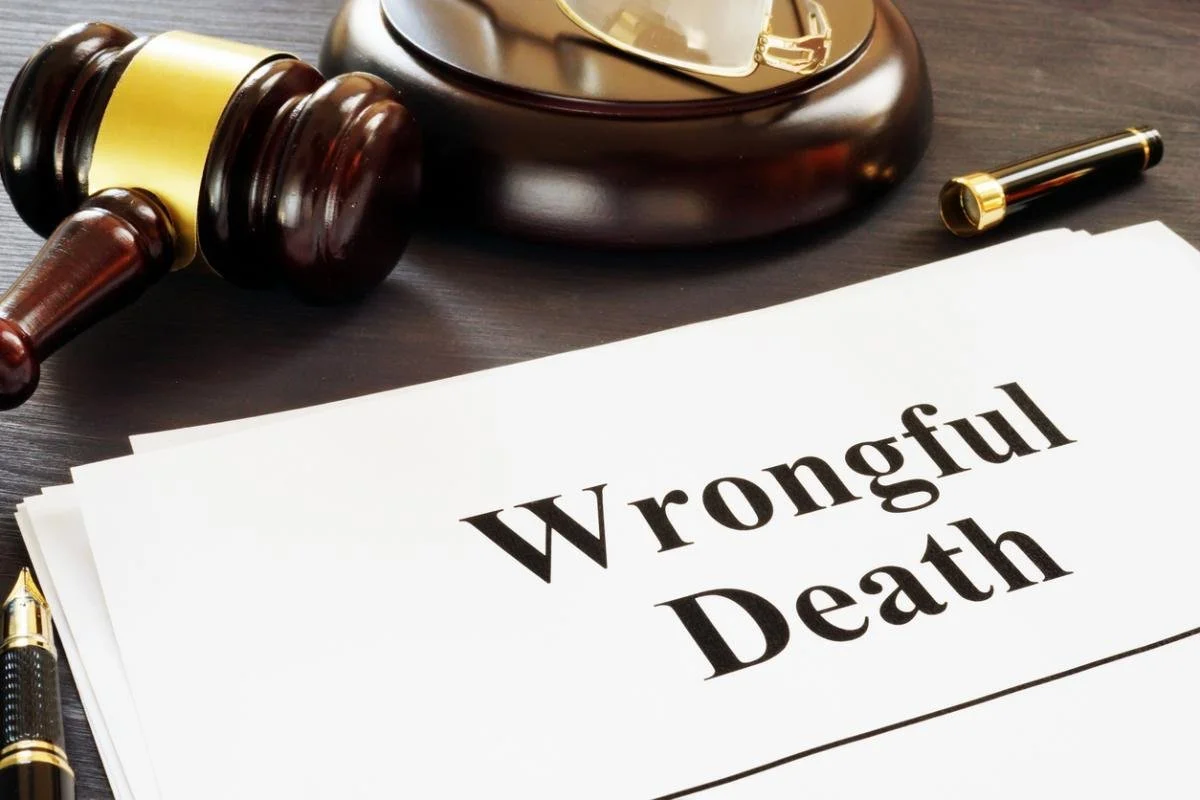Daphne Campbell v. Monte Carlo Condominium Association, AKAM On-Site Inc., and EMS Protective Group
/The landmark $100 million jury verdict in Campbell v. Monte Carlo Condominium wrongful death lawsuit emphasizes that the court takes corporate responsibility in property management and security seriously. The plaintiffs in the case showed that multiple responsible entities failed to protect residents from a foreseeable tragedy.
Case: Daphne Campbell v. Monte Carlo Condominium Association, AKAM On-Site Inc., and EMS Protective Group
Court: Miami-Dade County Circuit Court, Florida
Case No.: 2022-001193-CA-01
The Plaintiff: Estate of Jason Campbell (Led by Daphne Campbell)
After the 2021 fatal shooting of her son, Jason Campbell, Daphne Campbell filed a wrongful death lawsuit alleging that the Monte Carlo Condominium Association, its management company, AKAM On-Site Inc., and the EMS Protective Group security firm failed to maintain adequate security and allowed a known threat to enter the property. The plaintiffs claimed that the act of violence that took Campbell's life could have been prevented so when they filed the wrongful death lawsuit seeking damages; they also sought accountability. The plaintiffs' argument insisted that property management and security protocol negligence directly contributed to Campbell's death.
The Defendants: Monte Carlo Condominium Association, AKAM On-Site Inc., and EMS Protective Group
Three key "groups" or entities were listed as defendants in the case based on the plaintiffs' belief that between them they held the responsibility for property safety and management:
Monte Carlo Condominium Association, which oversaw the premises;
AKAM On-Site Inc., the property management firm responsible for operational safety and building access; and
EMS Protective Group, the contracted security provider.
According to the complaint, each entity had prior notice of safety concerns and failed to take meaningful action. According to the plaintiffs, the companies allegedly ignored the reports of unauthorized entry and failed to warn their residents of potential danger, even after the shooter had previously entered the premises armed.
A History of the Case: From Tragedy to Verdict
The tragedy occurred when Lakoria Washington, reportedly the ex-boyfriend of Jason Campbell’s girlfriend, entered the Monte Carlo Condominium complex armed and opened fire. Washington had previously been involved in an incident at the property and was known to security and management.
Despite these warning signs, access control and surveillance systems were reportedly inadequate. The plaintiffs argued that the defendants’ collective failure to implement appropriate security measures created an unsafe environment and directly led to Jason Campbell’s death.
After a full trial, a Miami-Dade County jury awarded $100 million to the Campbell family. The verdict assigned liability as follows:
57% to AKAM On-Site Inc. (property manager)
18% to the Monte Carlo Condominium Association
18% to EMS Protective Group (security firm)
7% to the tenant who allowed the shooter access
The jury found that the defendants’ negligence made the shooting foreseeable and that they breached their duty to provide adequate protection for residents and guests. The award will be distributed among Jason Campbell’s surviving parents and children.
Main Question: Was the Shooting a Foreseeable Event?
At the heart of the case was a critical legal question: can a property owner or manager be held liable when a third-party criminal act leads to death on the premises?
The jury determined that, in this case, the answer was yes. Based on the evidence in the case, the shooter entered the property without authorization on a prior occasion, site management knew (or should have known) of ongoing threats, and no meaningful action was taken to address those risks by any of the defendants. The verdict reaffirmed that foreseeability and negligence in maintaining safe premises can lead to liability even when the harm originates from a criminal act by a third party.
Why Does This Case Matter to California Residents?
Although this case unfolded in Florida, its implications reach much further. California's property owners and management companies are held to a legal duty to offer reasonable security for their tenants, employees, and guests. "Offering reasonable security" includes:
Addressing known threats
Securing access points
Taking steps to prevent foreseeable violence
California courts have consistently held that failing to provide adequate security (especially if there are prior incidents) can lead to premises liability and wrongful death liability. The Campbell case serves as a powerful reminder to California landlords, HOAs, and employers alike that safety should never be an afterthought.
FAQ: Premises Liability and Wrongful Death Cases
Q: What legal claim did the Campbell family bring?
A: The family filed a wrongful death and premises liability lawsuit, alleging that the property owner, manager, and security provider failed to maintain a safe environment and ignored prior warnings about the shooter.
Q: How did the jury assign fault among the defendants?
A: The property manager, AKAM On-Site Inc., was found primarily responsible, with 57% of the fault. The condominium association and security company were each assigned 18%, while 7% of fault was attributed to the specific tenant who granted access to the shooter.
Q: Can a California owner be held liable for a third-party crime on their property?
A: Yes. In California, a property owner or property manager can be held liable if a criminal act committed on their property is foreseeable and they failed to take reasonable preventive measures. Some examples include failing to maintain locks or gate latches, ignoring security complaints, or failing to hire appropriate security.
If you’ve lost a loved one due to negligent security or unsafe property conditions, the experienced wrongful death attorneys at Blumenthal Nordrehaug Bhowmik DeBlouw LLP can help at offices in Los Angeles, San Diego, San Francisco, Sacramento, Riverside, and Chicago. Contact our office today to discuss your case and learn more about your rights under California law.




